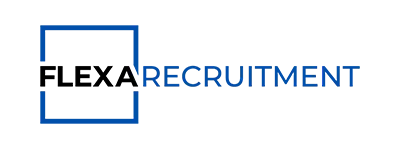
Resume. A piece of paper you’ll need for all job applications. What is a resume? How to write a resume and what is the perfect length of a resume? Let’s talk Resume or sometimes it’s called CV – curriculum vitae.
What is a resume?
You’ll hear this word all time if you’re job hunting. It is a document made up of your personal details that gets you the job! Your skills, education, work experience and achievements. It is a very critical document and you should have one.
What should my resume look like?
Make it easy to read. 1 type of font. 2 different sizes of fonts. Use headings and underneath it, use bullet points. Make breaks in paragraphs. Don’t clutter it into one big blog. Most importantly, your resume should not contain any grammatical or spelling mistakes.
What should I include in my resume?
- Personal details – Your full name. Date of birth. Visa status. This is very important. Make sure you include your visa status at the top to avoid any confusion if you’re hired. Your hiring company needs to know if you’re on a particular visa so they can either support you and make it clear OR reject you if it doesn’t match their visa requirements. It is better to be rejected at the start of the process than at the end.
- Summary – here is your chance to make your first impression. Sell. Sell. Sell. If you’ve been in the workforce, describe your career and what you want to achieve in your next role. If you’re fresh out of school or university and don’t have work history, write about your career objectives. What are you ambitions and where do you want to see yourself in 5 years time.
- Education – always start from latest first. You need to put your course name, where you studied and for how long. You can also include awards and achievements against each qualification.
- Work Experience – Again, start with latest job first. You need to start off with position then company then work period. Place them in order of your most recent job first. Then under that, use bullet points to describe your role. What were your responsibilities? What skills did you use to make your role easier? You can also end with achievements section under each role if you want to showcase anything in particular. In this section you can include volunteering work experience too or any internships you have done.
- Interests and skills – This section is for your interests outside of work. Organisations know you have a life outside of work and they would like to know what keeps you ticking after work. Use this section wisely. Sleeping, is not a skill!
References – Employers will require professional referees. Not your friends and family. In most cases, it is advisable to give your previous employer reference. Or even current employer, if they know you’re looking for a job. If you don’t have work experience, you can provide your ‘academic’ advisor’s reference. You can also write ‘available on request’.
How long should it be?
This depends on how much experience you have and what position you’re applying for. Senior executives can have up to 3-4 page resume. However, if you’re straight out of school or university with no work experience, then it should only be a single page. If you have about 10-12 years of experience, you could have up to 3 page resume. The trick is to keep it simple!
The most important thing when making a resume is to realise that it is a legal document. You need to be truthful throughout your resume. There will be consequences to follow if you’re not being honest with your future employers.


